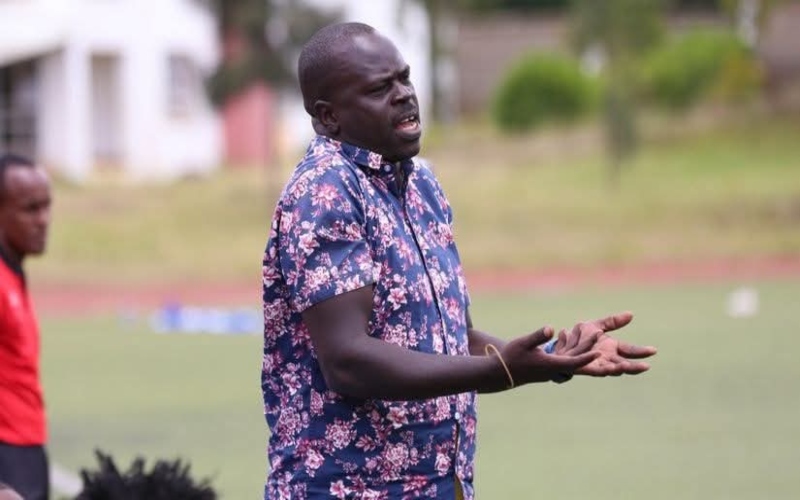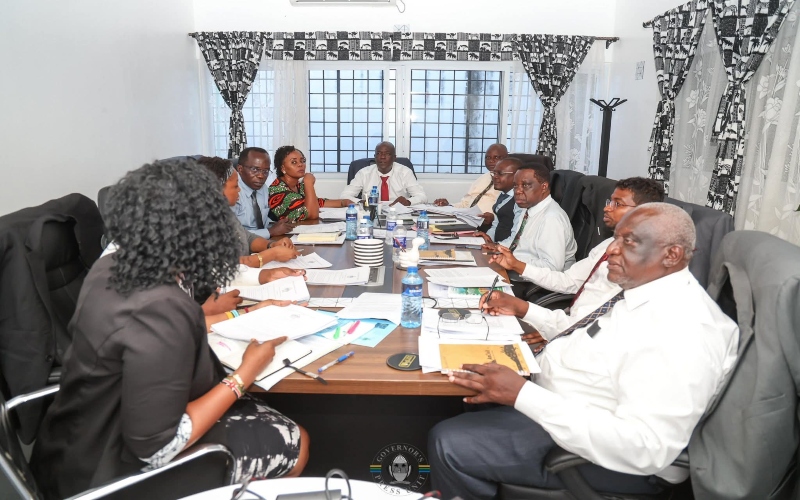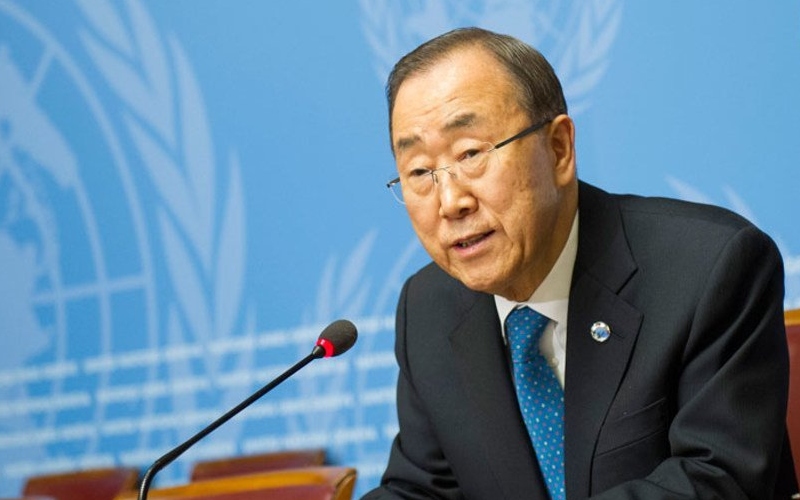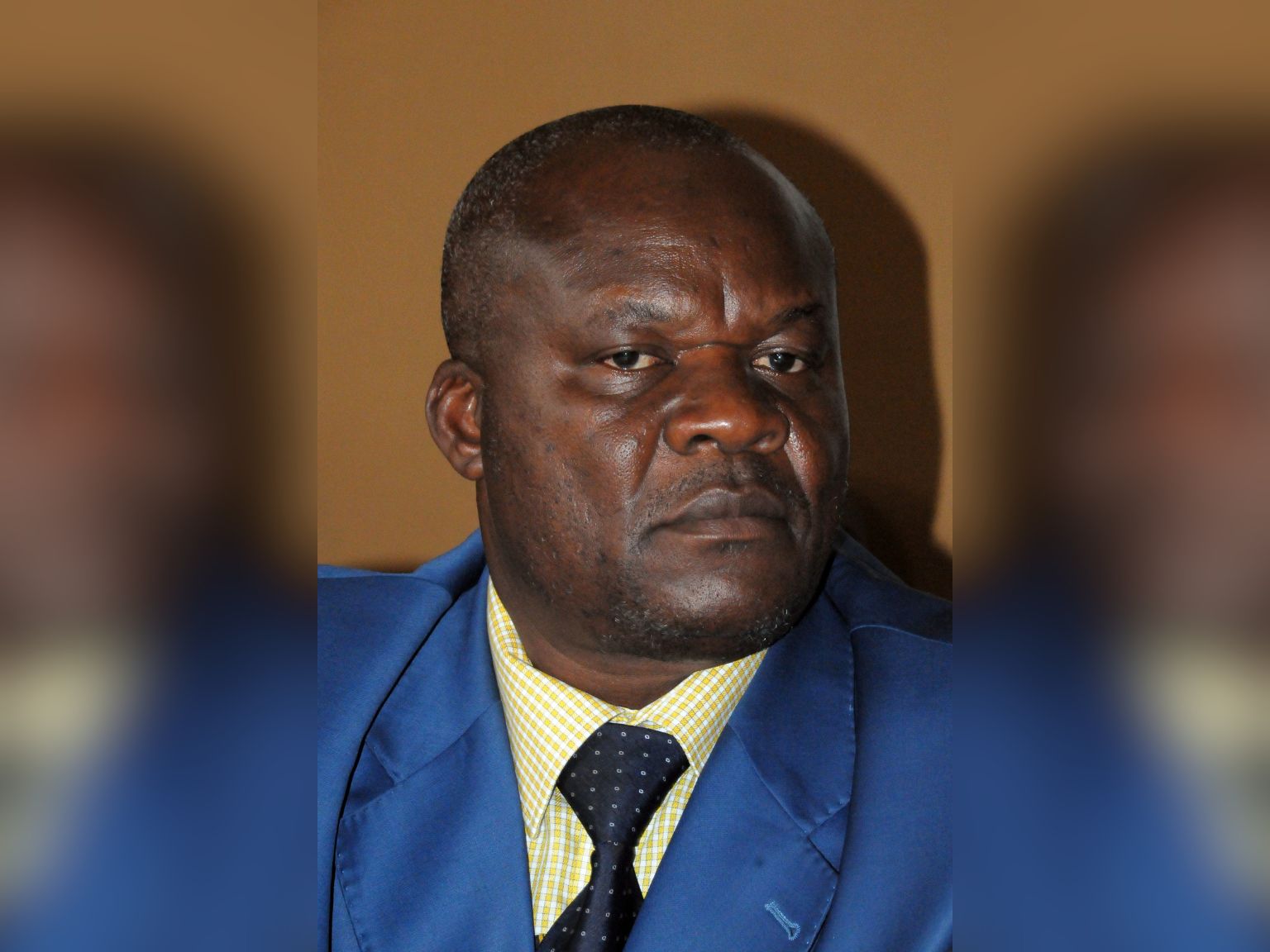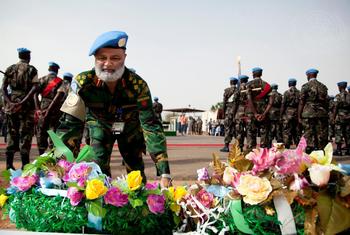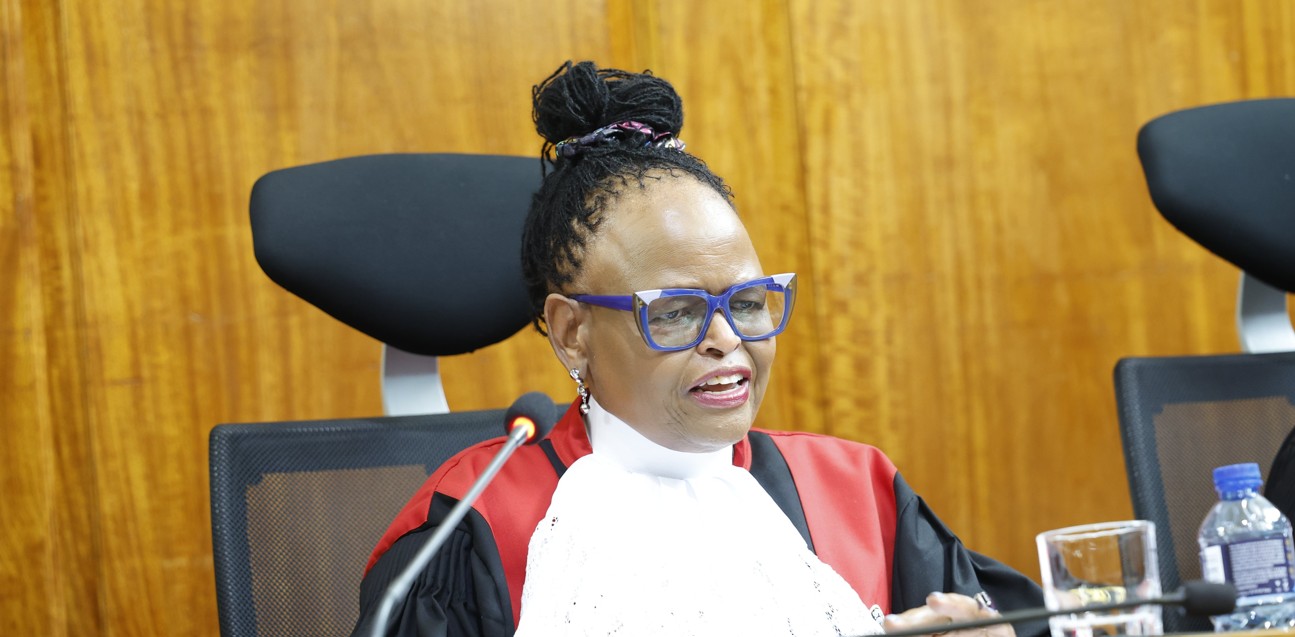Angola appoints new DRC-Rwanda mediator as Doha talks signal shifting African diplomacy
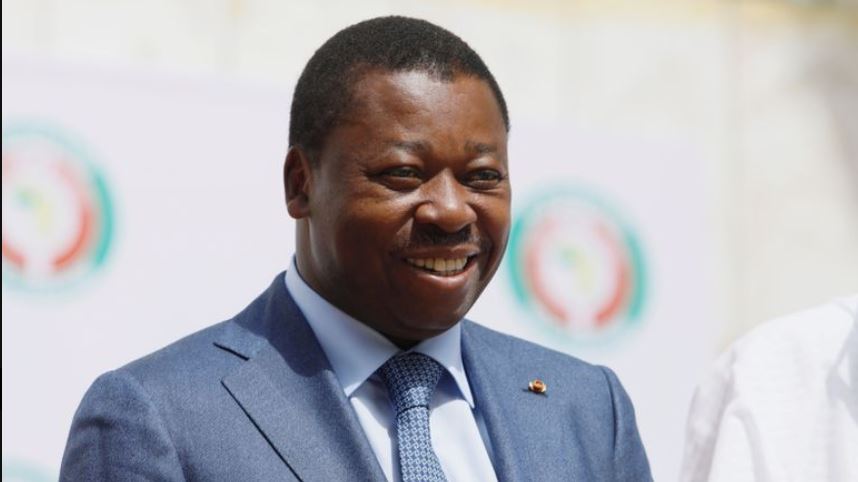
With M23 advancing militarily, civilians bearing the brunt, and rival mediation tracks emerging, the question is no longer who leads the talks — but whether Africa can truly own its peace.
Angolan President João Lourenço, the acting chair of the African Union (AU), has proposed Togolese President Faure Gnassingbé as the new AU mediator in the ongoing conflict between the Democratic Republic of the Congo (DRC) and Rwanda.
The announcement was made last Saturday during the inaugural meeting of the AU Bureau of the Assembly on the crisis in eastern DRC, according to a statement released by the Angolan presidency.
More To Read
- France jails former Congolese rebel leader Roger Lumbala for war crimes
- AFC/M23 rebels announce withdrawal from Uvira, citing progress in Doha framework
- Africa’s coup crisis: Why eight countries are under military rule and what’s next
- UNICEF sounds alarm as M23 attacks in DRC’s South Kivu push thousands from homes
- Roger Lumbala is accused of horrific war crimes in DRC: Can his trial in France bring justice?
- In eastern DR Congo's Uvira, war scars linger as calm cautiously returns
The high-level session — convened by President Lourenço — brought together the leaders of Ghana and Mauritania, the vice president of Burundi, and Tanzania's foreign minister.
In his address, Lourenço cited the escalating humanitarian crisis in eastern DRC, which has displaced hundreds of thousands and deepened regional instability.
Lourenço's proposal of President Gnassingbé follows Angola's own formal withdrawal from the mediation role on March 24.
The presidency cited the expanded responsibilities of chairing the continental body and the need to ensure "continuity in leadership and momentum" in the peace process.
The shift comes just two months into Angola's AU tenure and raises questions about the bloc's capacity to sustain high-stakes mediation under its rotating leadership structure.
Yet, while the AU seeks to reposition its diplomatic machinery, the warring parties have quietly pivoted elsewhere.
Multiple sources confirmed to Reuters that representatives from the Congolese government and Rwanda-backed M23 rebels are currently in Doha for face-to-face ceasefire talks.
The negotiations, which began with a closed-door meeting this Wednesday, are being facilitated by Qatari mediators.
Both sides have acknowledged their presence in the Gulf state but have remained tight-lipped under instructions from Qatari officials.
The parallel mediation efforts — Gnassingbé's proposed AU role and Qatar's behind-the-scenes diplomacy — reveal a complex and evolving reality: Africa's deadliest conflicts are increasingly being addressed outside the continent.
Qatar's engagement, including a recent meeting it hosted between Presidents Félix Tshisekedi and Paul Kagame, signals a growing trend of Gulf states asserting themselves in African peace processes—often with the agility and influence that African institutions struggle to maintain.
The developments present a sobering reflection on the state of "African solutions to African problems" — a doctrine long championed by the AU.
While the principle remains aspirational, its implementation appears fragmented.
The handover of mediation responsibilities and the outsourcing of dialogue to Doha highlight institutional fatigue, inconsistent leadership, and the growing influence of external actors on African soil.
With M23 advancing militarily, civilians bearing the brunt, and rival mediation tracks emerging, the question is no longer who leads the talks — but whether Africa can truly own its peace.
Top Stories Today

